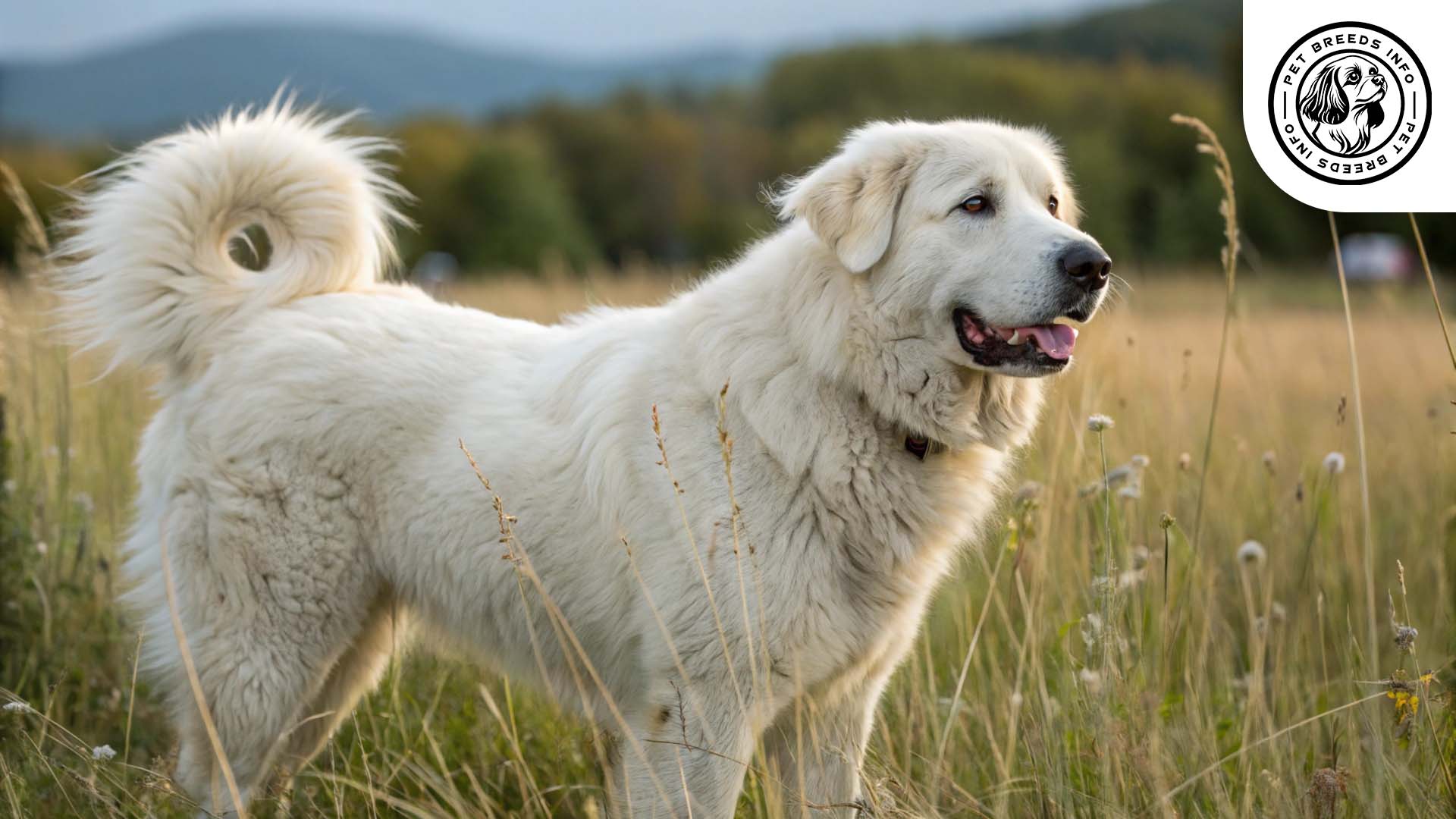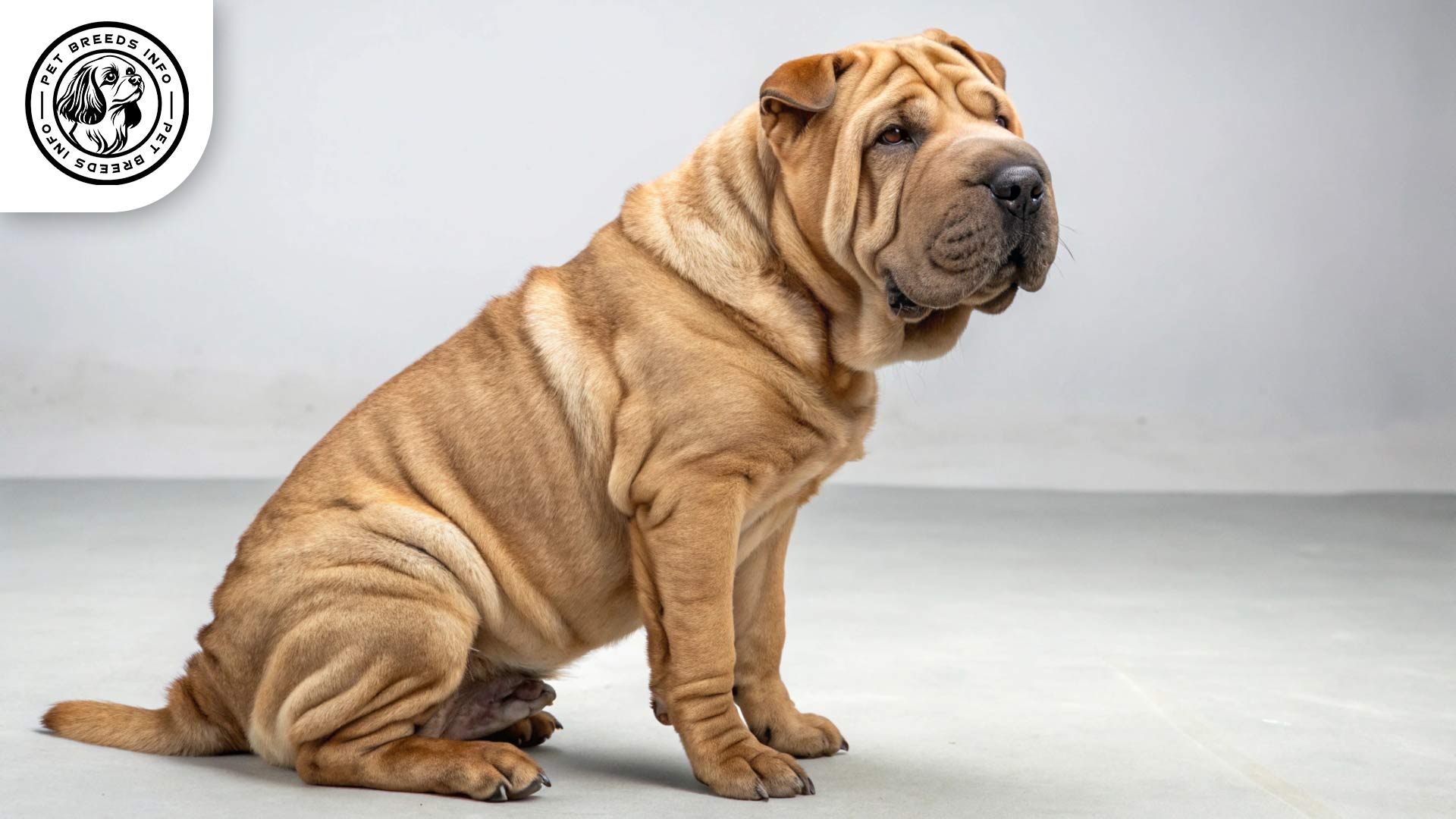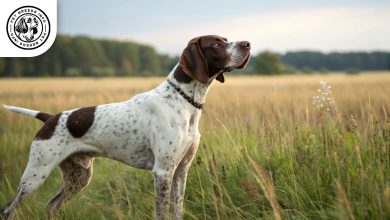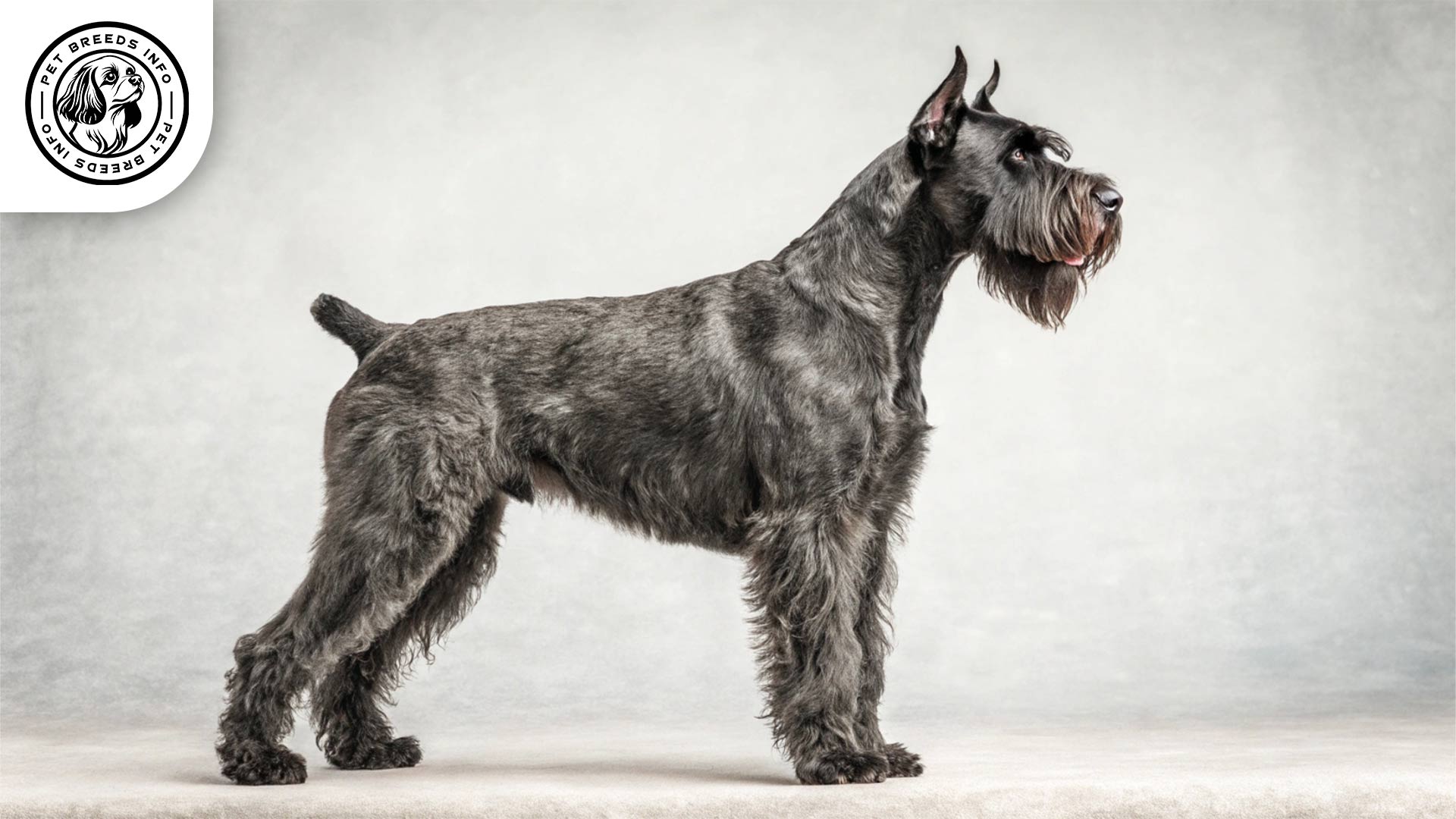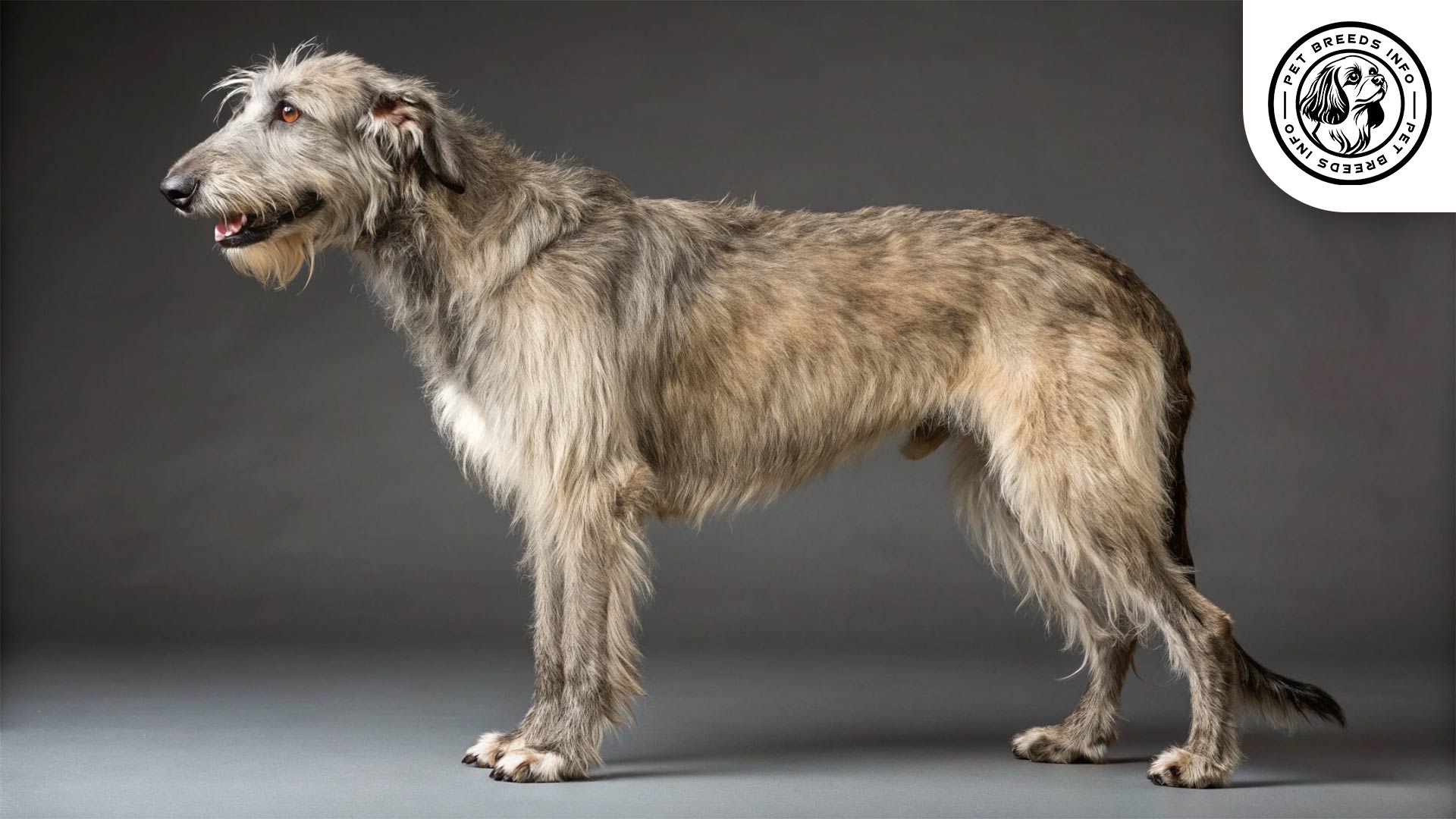Maremma Sheepdog Breed: Size, Health, Price & Personality
General Introduction of the Breed
The Maremma Sheepdog, also known as the “Maremmano-Abruzzese” or simply “Maremmano,” is a livestock guardian breed originating from Italy. This breed has been used for centuries to protect sheep from predators, particularly in the regions of Abruzzo and Maremma. With a history dating back to ancient Roman times, the Maremma Sheepdog is well known for its loyalty, protective instincts, and independence.
Table of Contents
| Weight | 66-100 lbs (30-45 kg) |
| Lifespan | 11-13 years |
| Diet | High-quality kibble, raw, or natural food |
| Care | Requires regular grooming, plenty of space |
| Health | Prone to hip dysplasia, elbow dysplasia, bloat |
| Color | Predominantly white with possible yellow/ivory shades |
| Nature | Loyal, protective, independent, wary of strangers |
| Price | $1,000 – $2,500 from breeders, adoption available |
Physical Characteristics
The Maremma Sheepdog is a large, strong, and well-proportioned breed with a thick coat adapted for outdoor life.
Males typically stand between 25.5 to 28.5 inches (65-73 cm) tall and weigh between 77 to 100 pounds (35-45 kg). Females are slightly smaller, standing between 23.5 to 26.5 inches (60-68 cm) tall and weighing 66 to 88 pounds (30-40 kg).
The breed has a dense, long double coat that is predominantly white, sometimes featuring slight shades of yellow or ivory.
Maremma Sheepdogs have dark almond-shaped eyes that express alertness and intelligence.
The ears are medium-sized, triangular, and set high, while the tail is long and bushy, hanging down when relaxed and curving slightly when alert.
One of the breed’s distinctive features is its thick fur and robust build, which enables it to withstand harsh weather conditions.
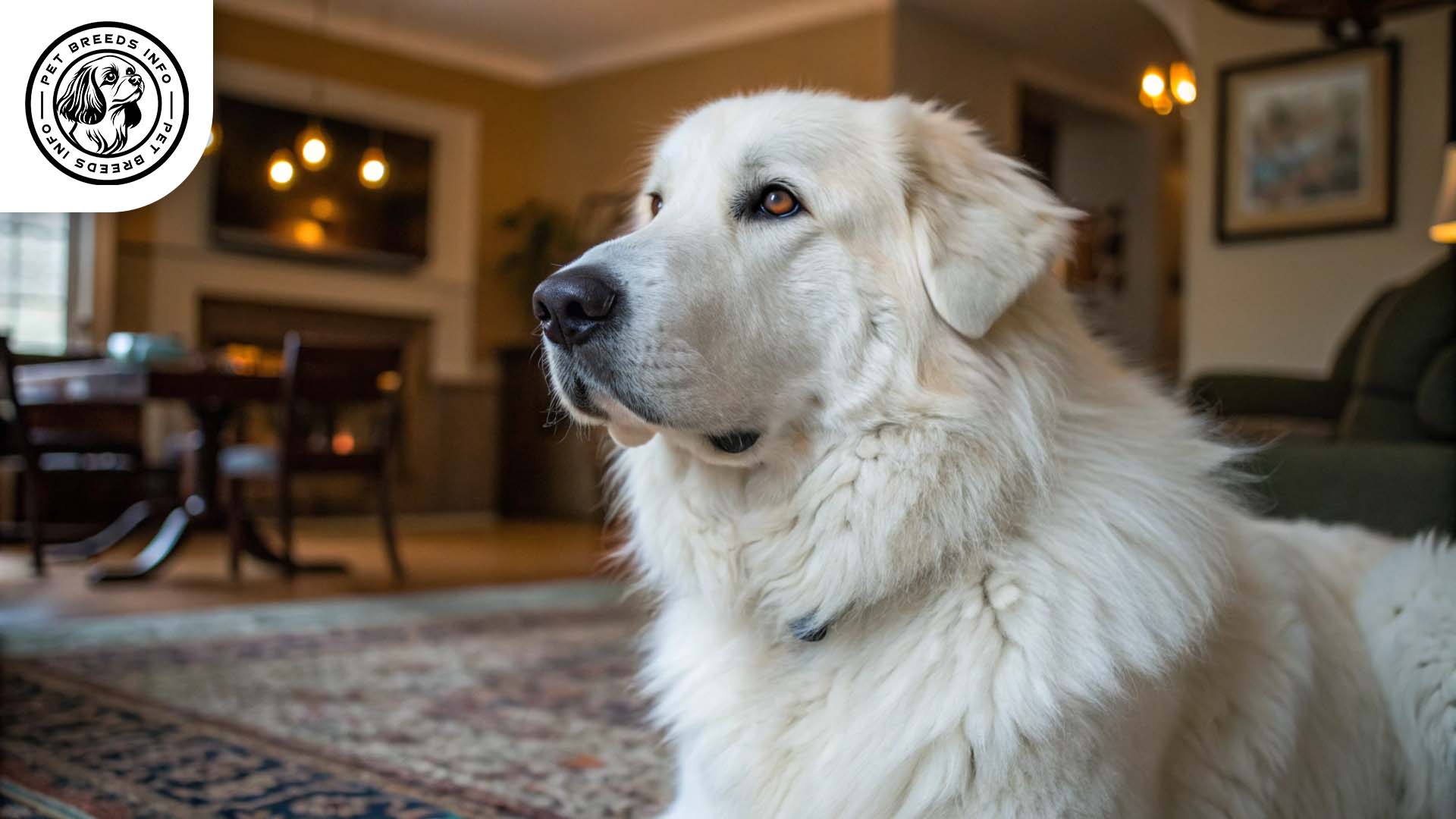
Personality and Temperament
The Maremma Sheepdog is an intelligent and independent breed that excels in guardian roles.
It has a moderate to high energy level, requiring regular activity and mental stimulation.
The breed is highly loyal to its family but is also known for its strong independent nature, which can make obedience training more challenging.
Maremma Sheepdogs are protective and affectionate with their owners but can be aloof and wary around strangers.
They are generally good with children and other pets when properly socialized but may display territorial behavior due to their guardian instincts.
Because of their strong protective nature, early and consistent socialization is essential to prevent overprotectiveness or aggression.
Read More: Kooikerhondje Dog
Care and Maintenance Requirements
The Maremma Sheepdog requires plenty of space and is best suited for homes with large yards or rural areas.
Daily exercise is essential to keep the breed mentally and physically stimulated.
The thick coat requires regular brushing at least two to three times per week to prevent matting and reduce shedding.
The breed is well adapted to cold weather but may struggle in extreme heat. Providing shade and fresh water in hot climates is crucial.
Routine hygiene care includes occasional baths, regular nail trimming, ear cleaning, and dental care to maintain overall health.
Diet and Nutrition
The Maremma Sheepdog thrives on a high-quality diet, whether it is dry kibble, raw, or natural food. A balanced diet rich in protein and healthy fats supports its active lifestyle.
Owners should avoid feeding the breed greasy, spicy, or highly processed foods, as well as toxic items such as chocolate, grapes, onions, and garlic.
Portion control is important to prevent obesity. Adults typically require two meals per day, while puppies may need three to four meals depending on their age and activity levels.
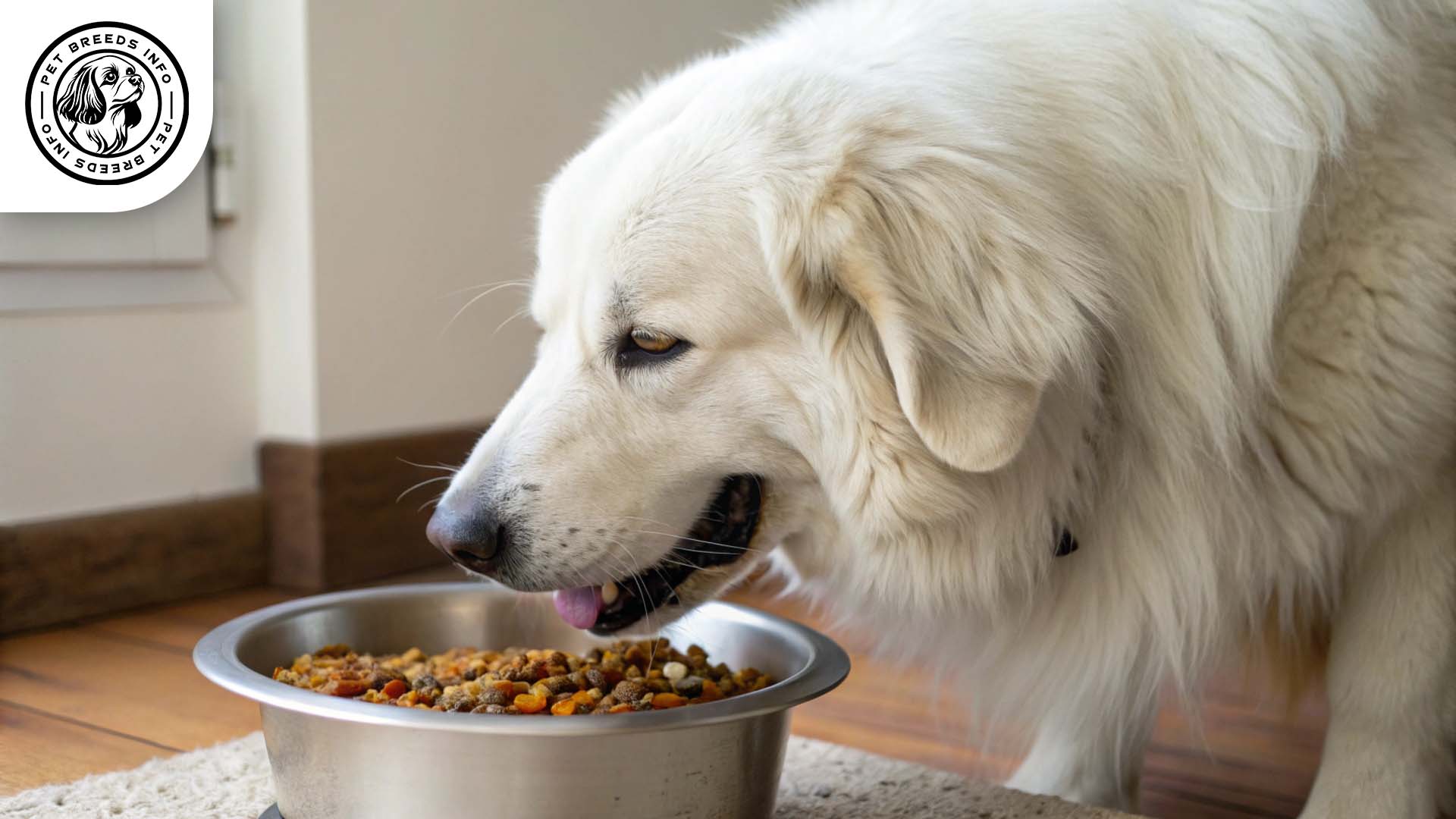
Health and Common Medical Issues
Maremma Sheepdogs are generally a healthy breed but may be prone to genetic conditions such as hip dysplasia, elbow dysplasia, and bloat.
The breed has an average lifespan of 11 to 13 years.
Routine veterinary check-ups, vaccinations, and a well-maintained diet are crucial for ensuring long-term health.
Preventative care such as joint supplements can be beneficial for large breeds prone to musculoskeletal issues.
Read More: Lithuanian Hound Dog
Training and Behavior Management
Training a Maremma Sheepdog requires patience, consistency, and positive reinforcement. Due to its independent nature, the breed can be challenging to train for first-time owners.
Early socialization is essential to develop a well-mannered and confident dog.
Obedience training should focus on clear boundaries and repetitive positive reinforcement exercises.
Since the breed naturally exhibits guarding tendencies, desensitization to new people, pets, and environments is important to reduce excessive protective behaviors.
Interaction with Other Animals and Humans
Maremma Sheepdogs are known for their protective instincts and typically form strong bonds with their families.
They are generally good with children but should always be supervised due to their large size.
The breed may be aloof or territorial toward unfamiliar animals, especially if they are not raised together from an early age.
While they can be affectionate with their families, they are not overly dependent on human attention and can be quite independent.
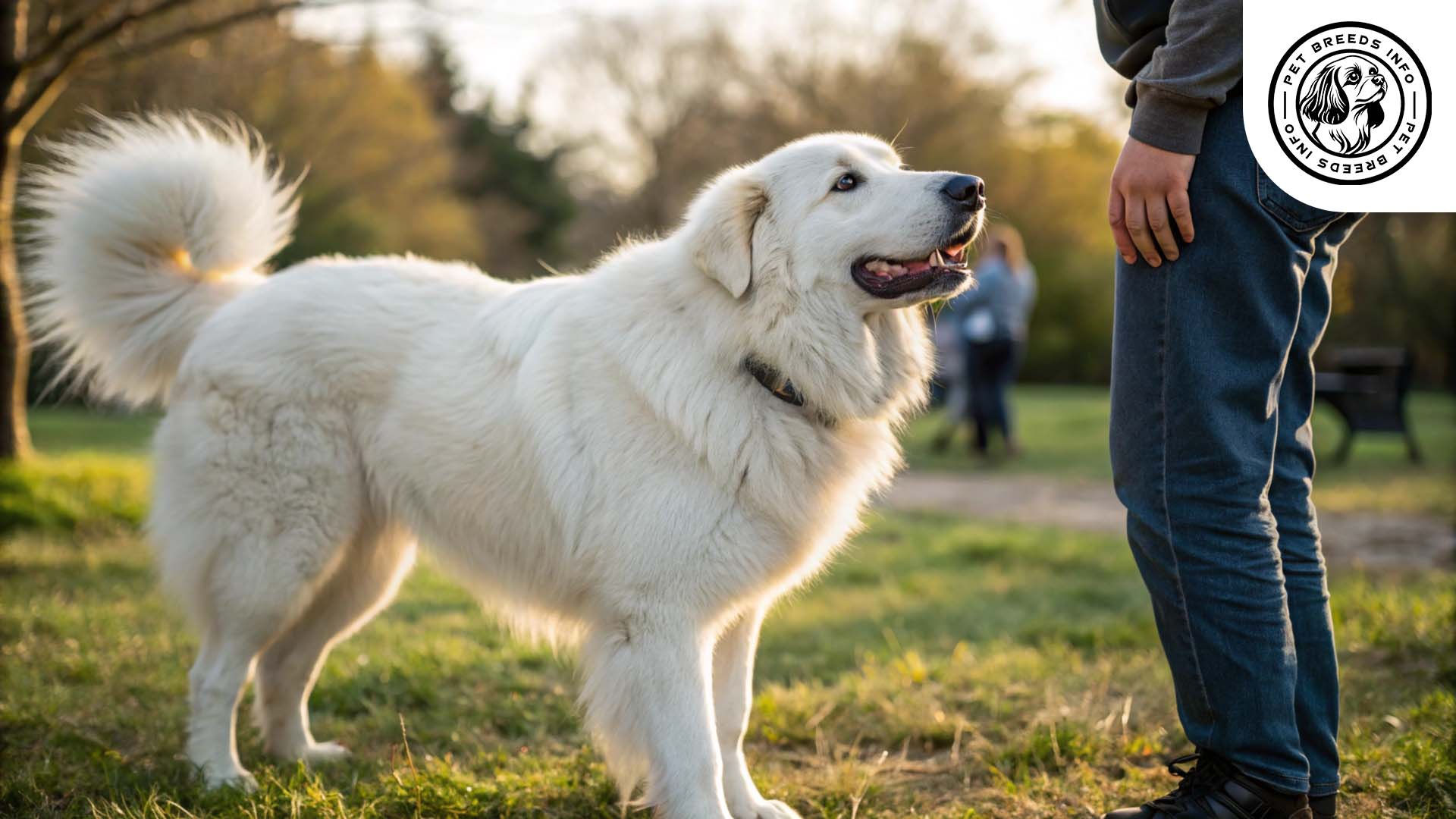
Price and Availability
The cost of a Maremma Sheepdog puppy varies based on location, breeder reputation, and pedigree but generally ranges between $1,000 and $2,500.
Potential owners should seek reputable breeders who perform health screenings and provide responsible upbringing for their puppies.
Adoption may also be an option through rescue organizations that specialize in livestock guardian breeds.
Read More: McNab Dog
Conclusion and Final Thoughts
The Maremma Sheepdog is best suited for experienced dog owners who understand the responsibilities of owning a large, independent guardian breed.
Ideal for rural properties or farms, this breed thrives in an environment where it can fulfill its natural guarding instincts.
Proper training, socialization, and care are essential to ensure the Maremma Sheepdog becomes a well-balanced companion.
Prospective owners should consider the breed’s guarding instincts, activity level, and grooming requirements before committing to ownership.
FAQ
Is the Maremma Sheepdog suitable for first-time owners?
No, this breed requires an experienced owner due to its independent and strong-willed nature.
Does this breed need a lot of space?
Yes, it thrives in rural settings or large yards and is not well-suited for apartments.
How much grooming does a Maremma Sheepdog require?
Regular brushing (2-3 times per week) is necessary to maintain its thick coat and reduce shedding.
Can Maremma Sheepdogs live with other pets?
Yes, but early socialization is crucial as they can be territorial, especially with unfamiliar animals.
Are they easy to train?
They are intelligent but independent, requiring firm, consistent, and patient training.
